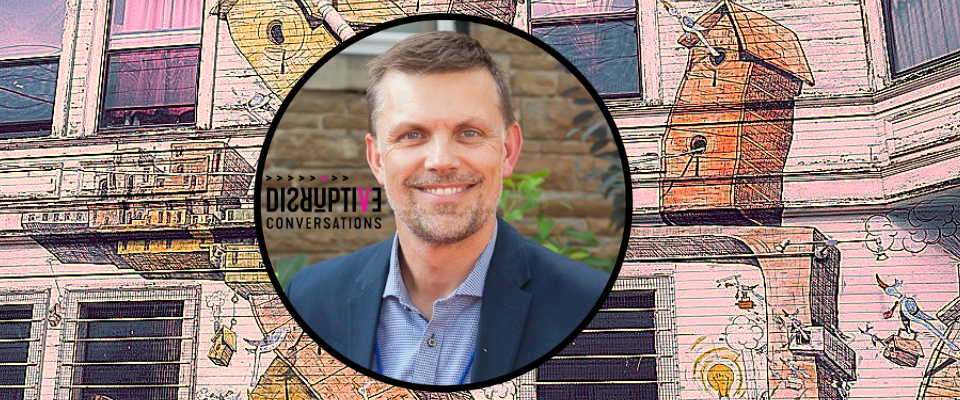Cameron Norman is a psychologist and designer who brings together the science of systems, program evaluation, and design to help people create impact and innovation. In this conversation, he and I explore a number of themes related to change and innovation. Here I highlight some of themes that stood out for me.
Pay attention to what is in front of us.
So often we are so busy trying to make a difference we forget to pay attention to what is in front of us. We forget to pause. We forget to breathe. Cameron talked about how he uses mindfulness in his work and how he has found it very effective in getting people to pay attention to what is in front of them. It stood out for me because in today’s social media world where our gadgets hijack our attention and so few of us are listening to the other side. I really appreciated Cameron highlighting the skills of paying attention and listening.
What are we not paying attention to?
In this episode, I was talking about how I love the question, “what are we not paying attention to?” Where Cameron took the conversation surprised me. In the conversation, I mentioned that I first learned about that concept in a photography class and the teacher reminded us that what is most important is what is out of focus or what is not in the frame. Cameron picked up on the theme of “the frame”. For him the frame is important. He reminded us that frames are of their time. We all frame ourselves in a positive light. We see ourselves as being on the side of the angles and ignore the things we fear the most. The truth is we have motivations that are self-serving, we are attracted to things we like, and we avoid things we do not like. Sometimes the biggest insights can come from rethinking the frame.
Too many people pick the low diving board.
This is a theme that has come up in other episodes, but so often people do not do those things that are most daring. We play it safe. As a result, sometimes we end up doing the wrong things righter. I loved this insight because, in my experience, we often choose to do 10 things on the low diving board. If we fail on the high board, the consequences could be so big. To me really disruptive things live on the high diving board. The question is are we ready to jump
Do you really want this?
This is perhaps my
I hope you enjoy this episode as much as I did.
- @cdnorman
- Website: https://censemaking.com/
